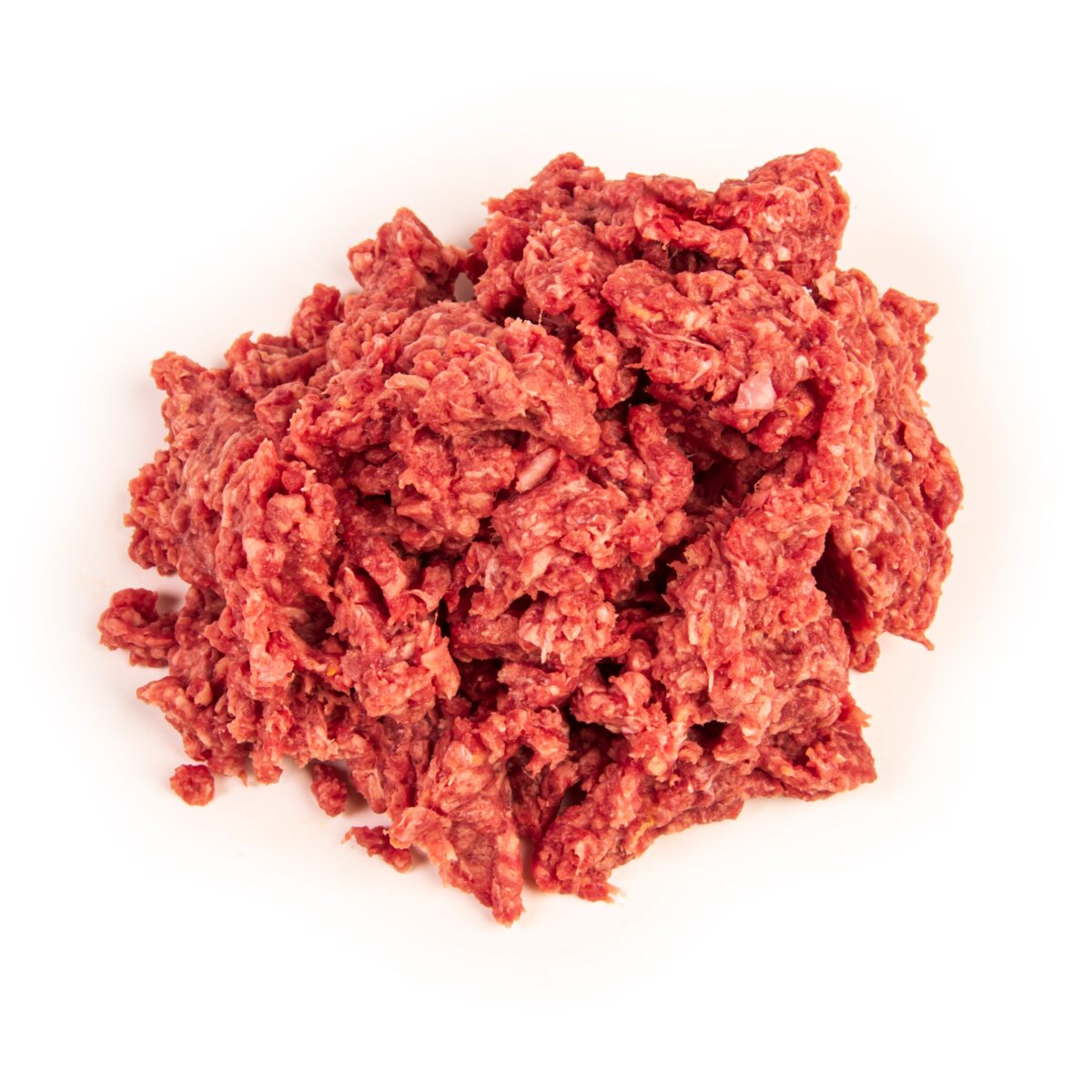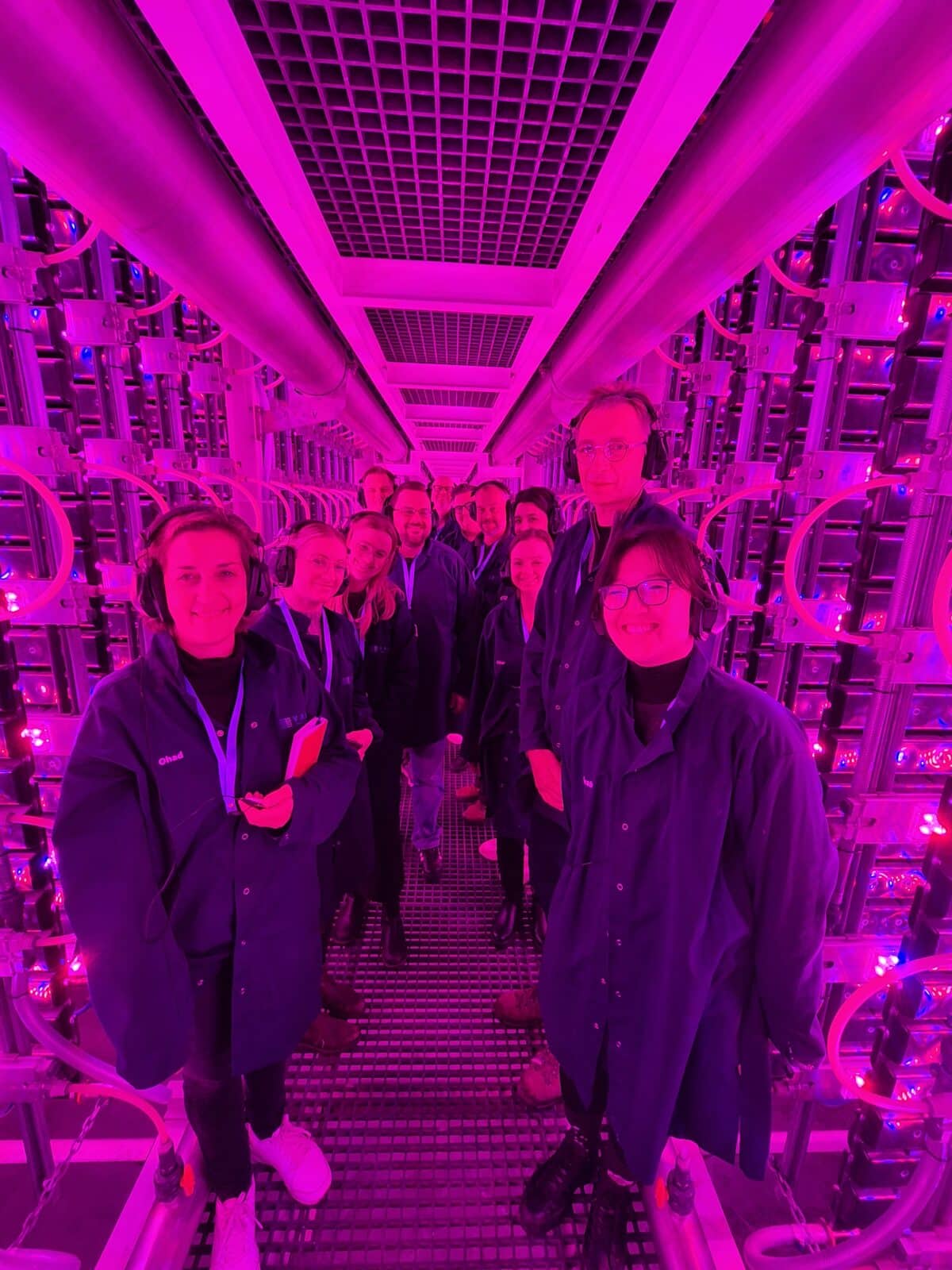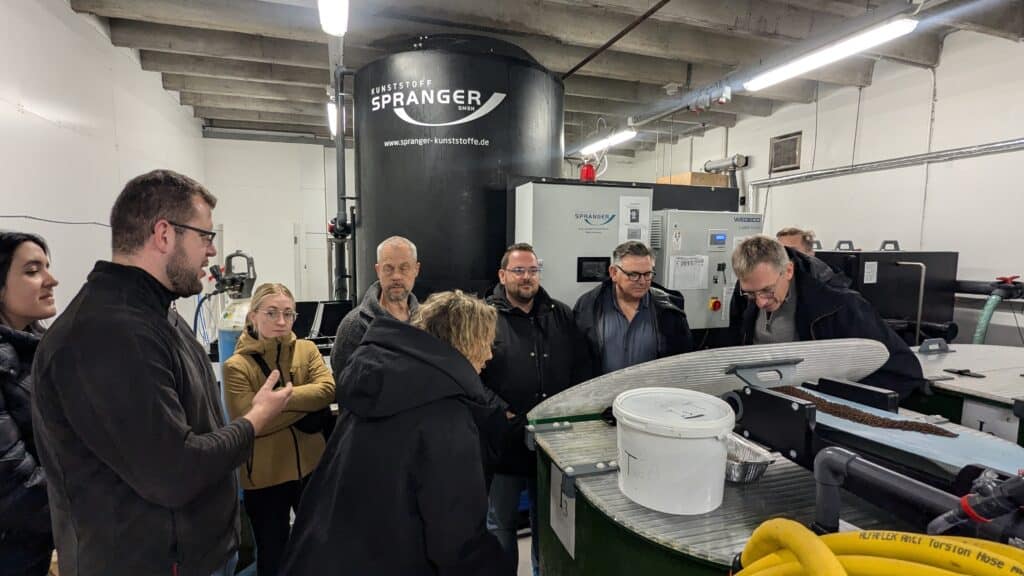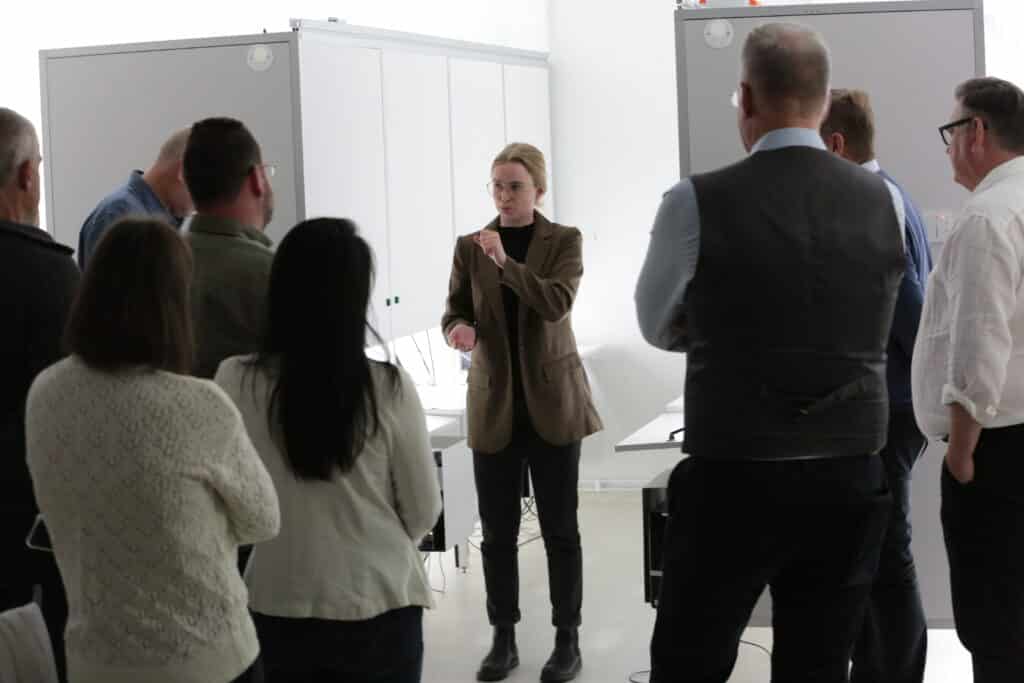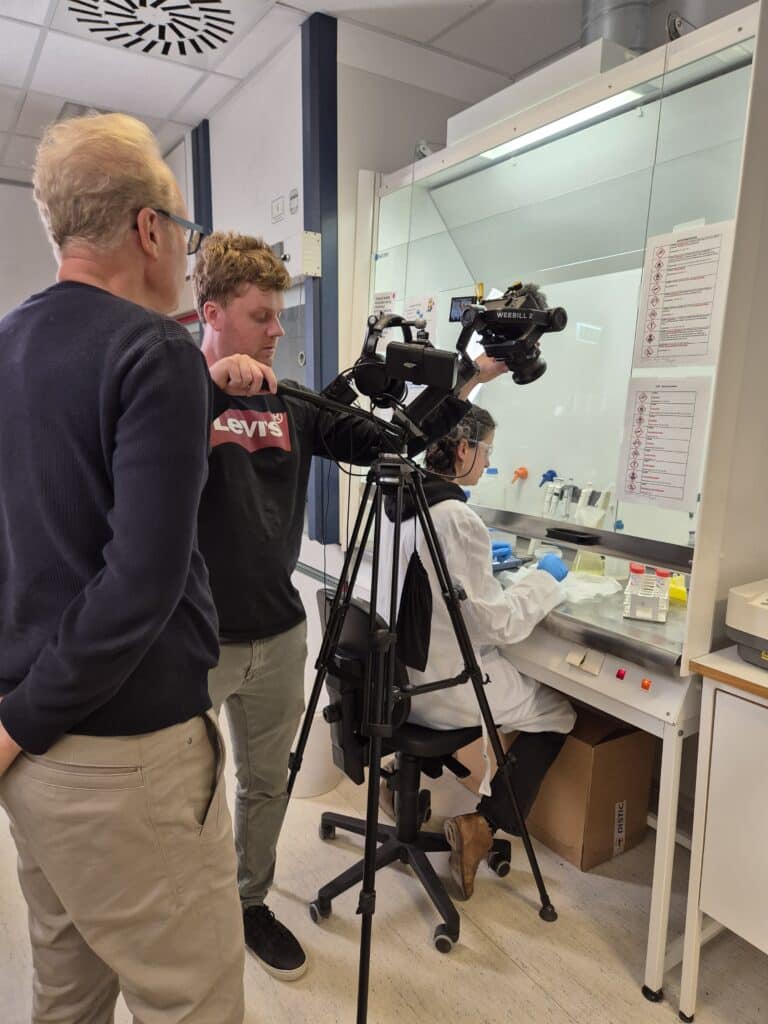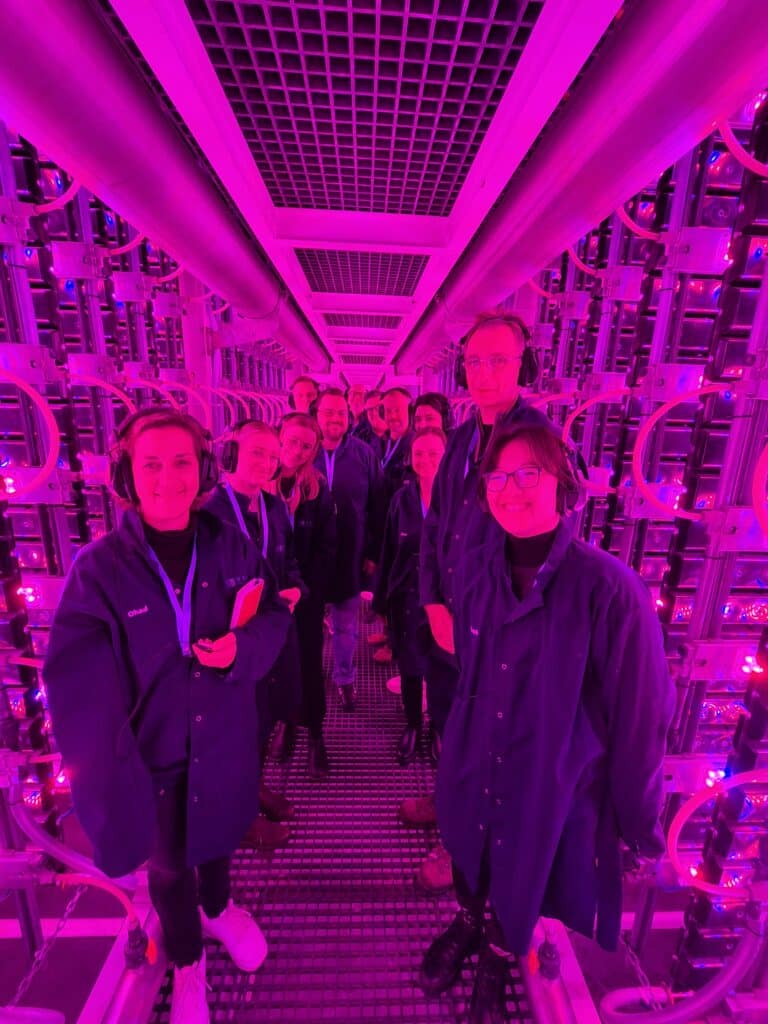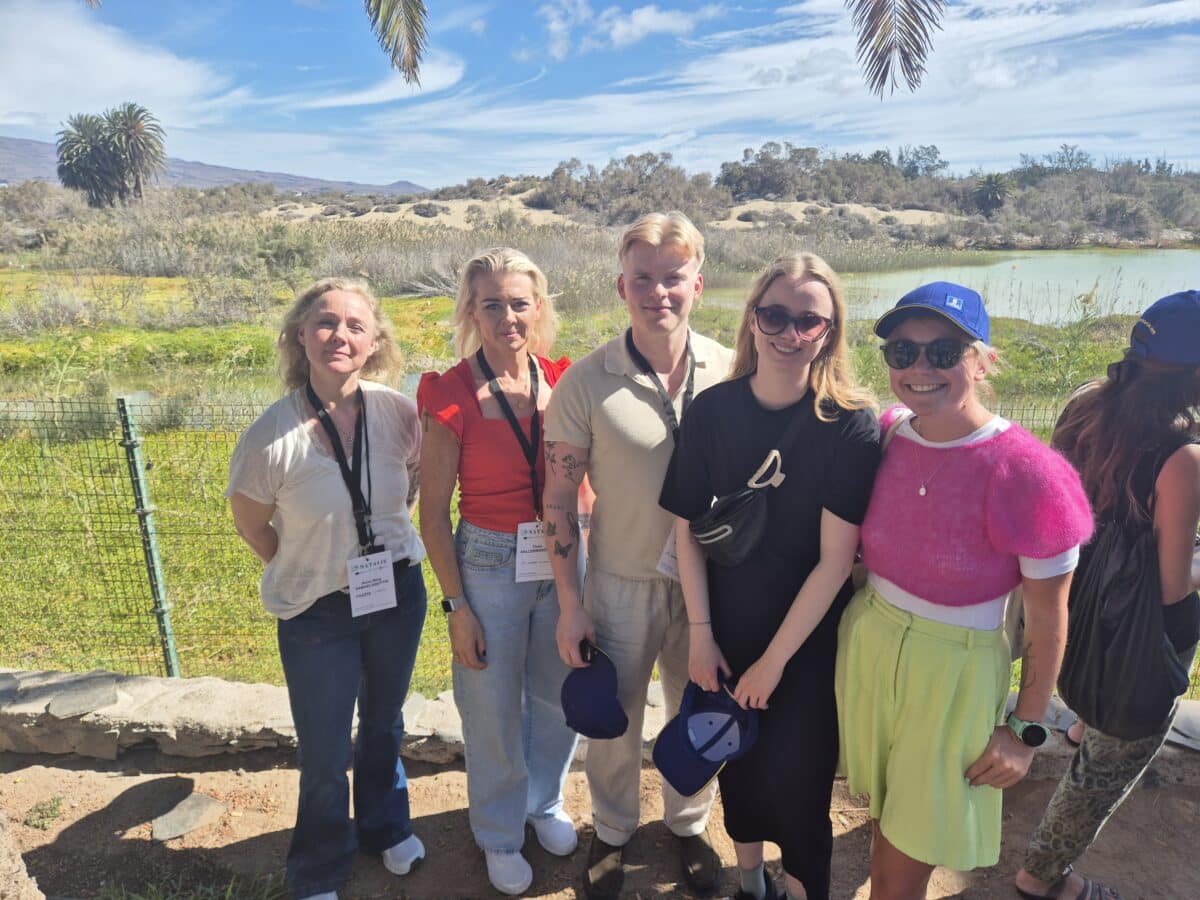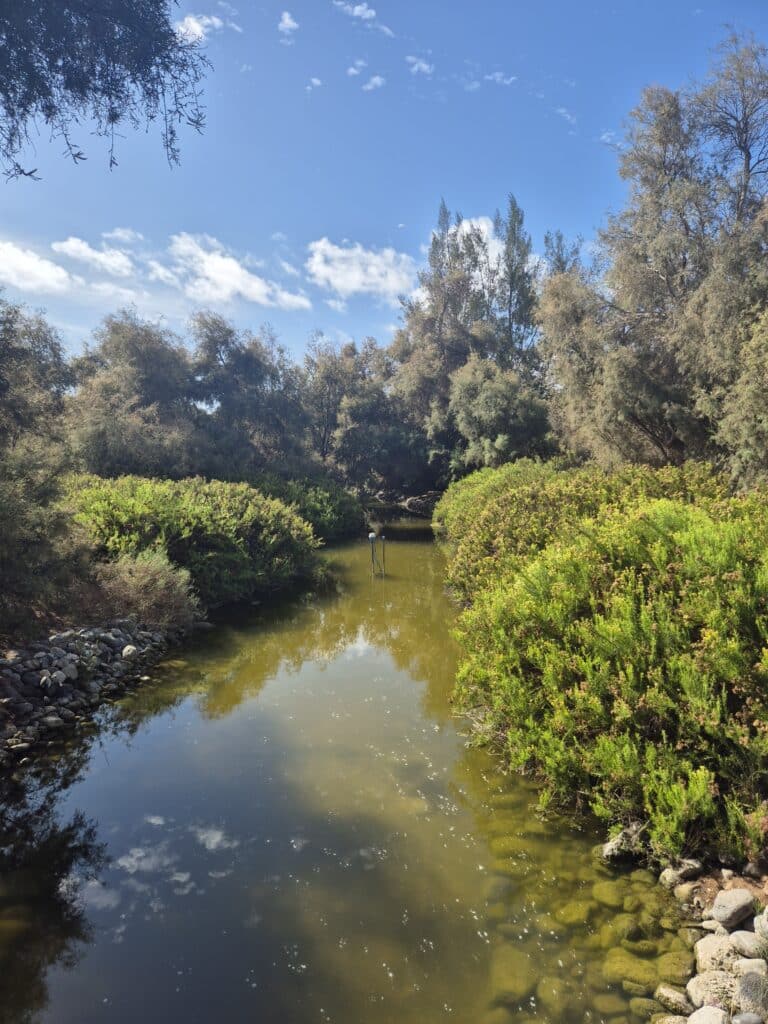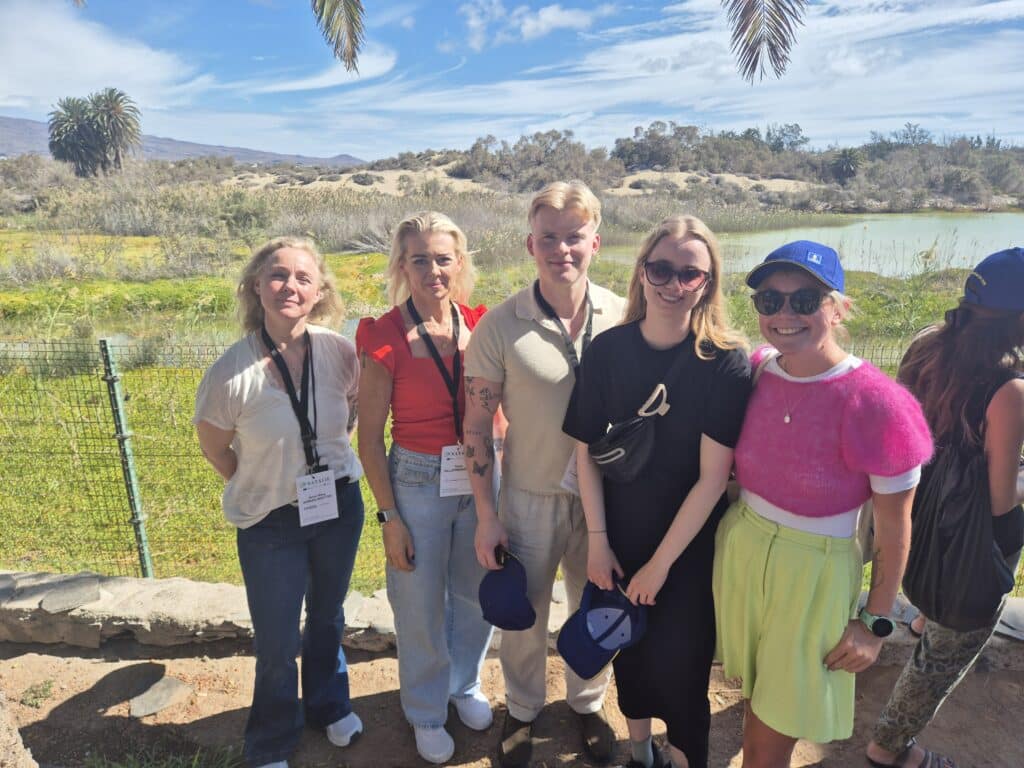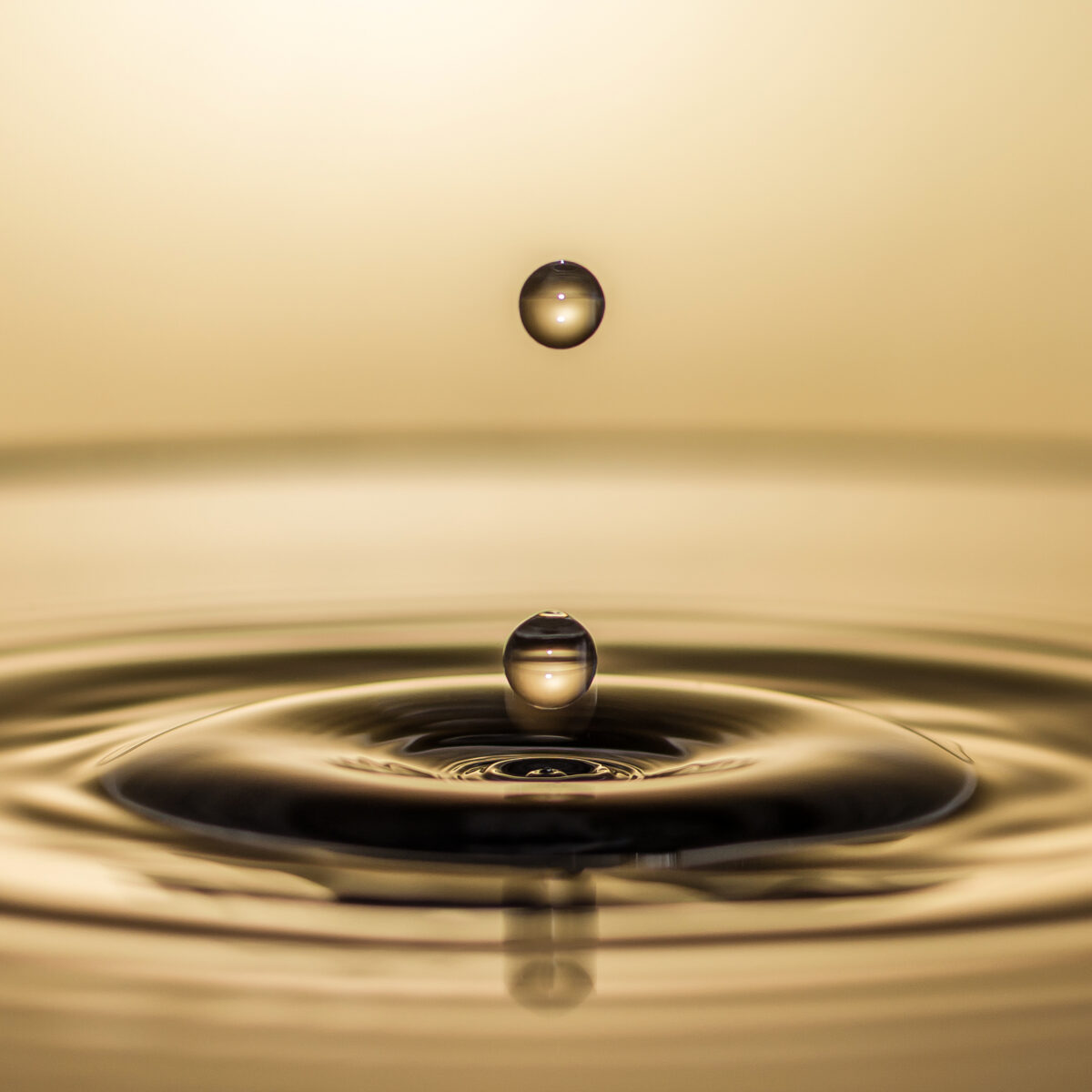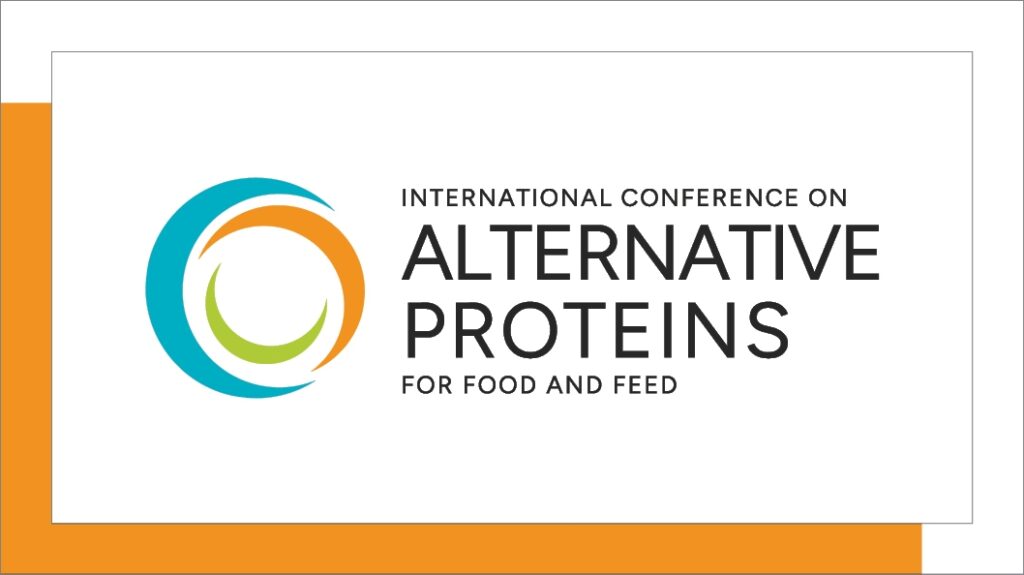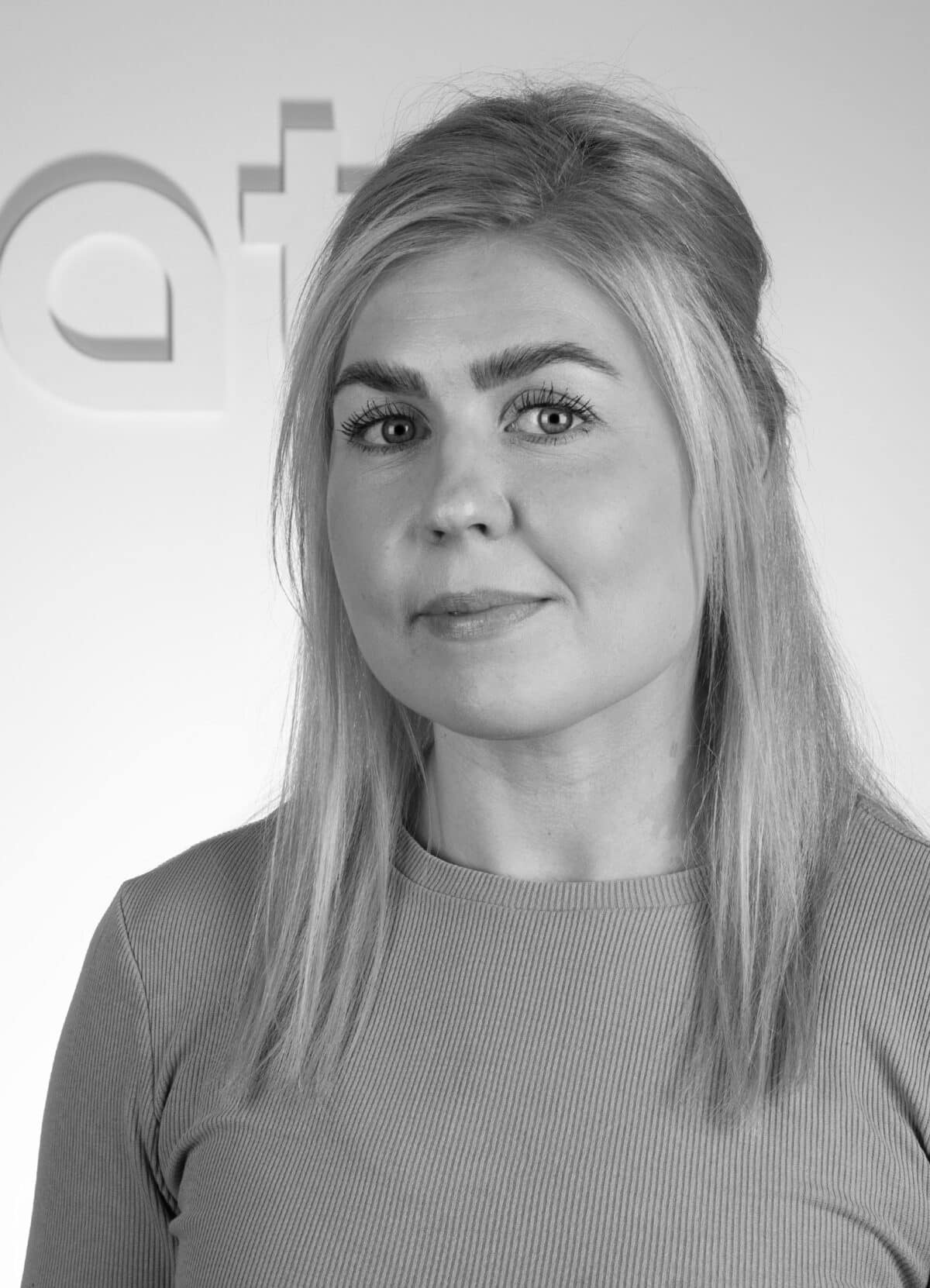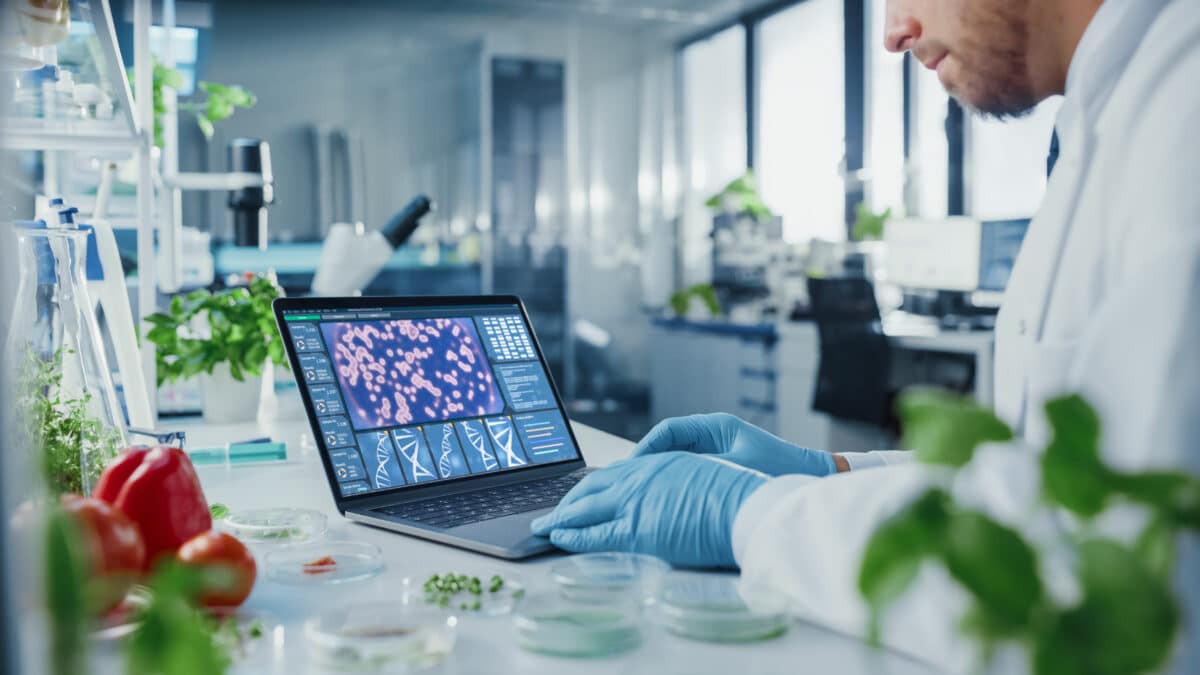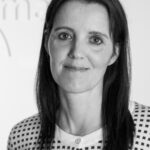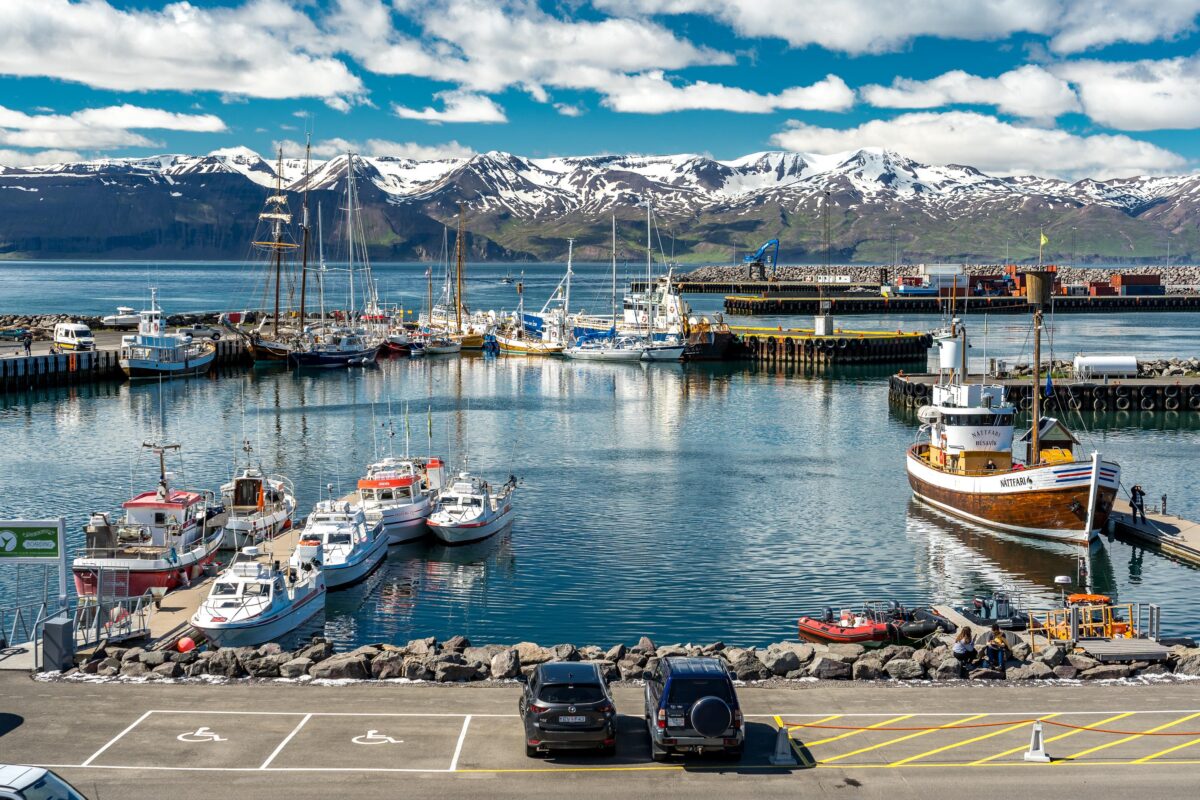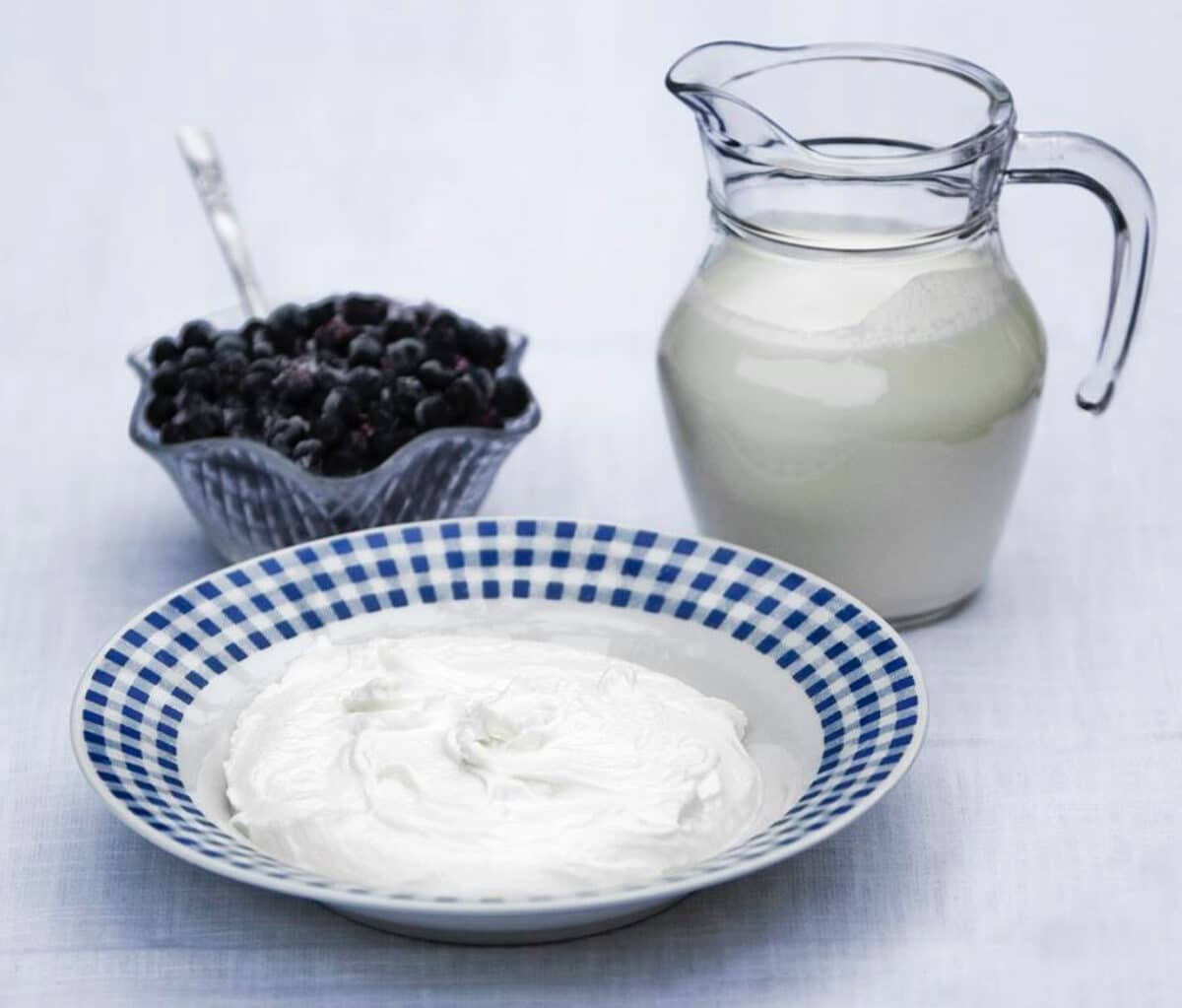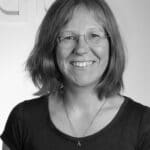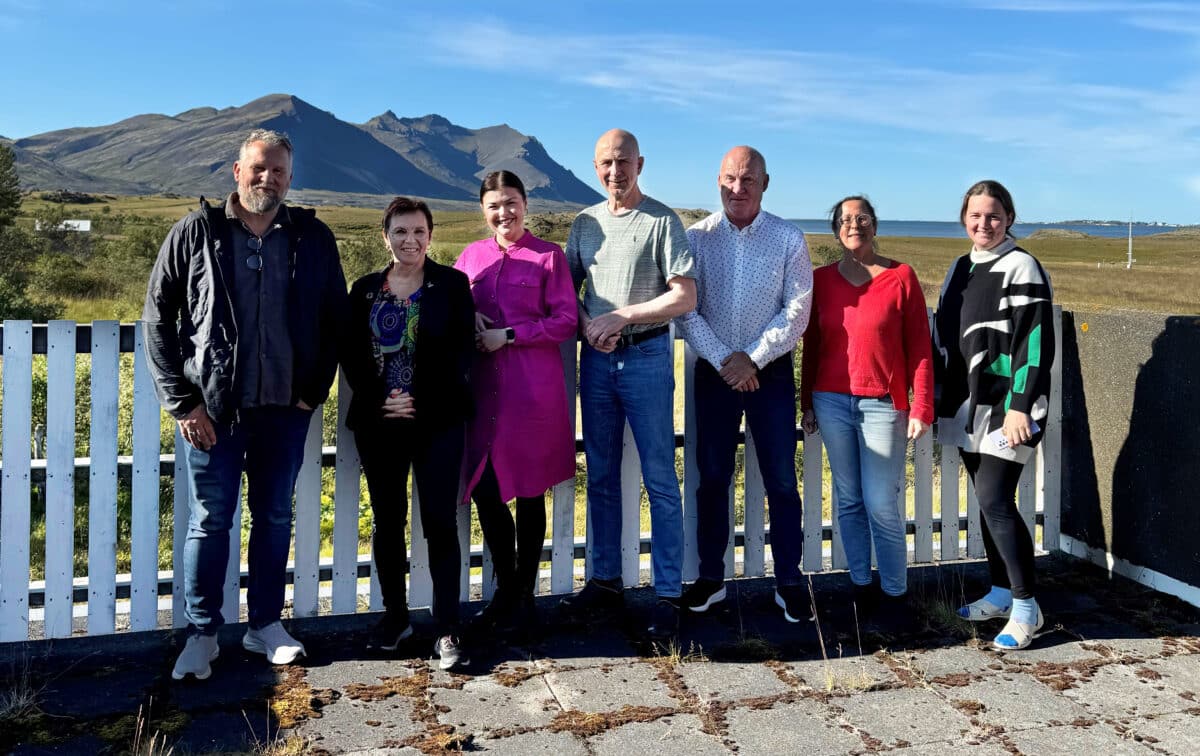Matís can identify whether E.coli STEC is in food products
Over the past two weeks, Matís' experts have been working hard to trace the source of the group infection E. coli STEC that appeared in a kindergarten in Reykjavík in mid-October. The study was carried out in close collaboration with the National Food Agency, the Epidemiologist, the Department of Pathology and Virology of Landspítál and the Reykjavík Health Authority.
A number of suspect foods were screened for
E. coli STEC but this bacterium can hide in many places. It soon became clear that mincemeat, which was used in cooking at the kindergarten, was by far the most likely source of the infection. A large number of bacterial strains were cultured from the mince, and finally three strains containing characteristic virulence genes and of the same serotype as the strain isolated from the patient were isolated. The genomes of these four strains were finally sequenced at Matís. That analysis revealed that the strains from the hack and the patient were genetically identical. Matís was a pioneer in the implementation of this methodology in Iceland to trace the origin of foodborne infections.
Finally, Matís would like to draw attention to the fact that the company offers analyzes of E. coli STEC in food. Matís is a reference laboratory (NRL) for these analyzes in Iceland. This means that Matís constantly updates his methods according to the latest knowledge and methods in Europe. E. coli STEC is a bacteria that can cause serious illness.

